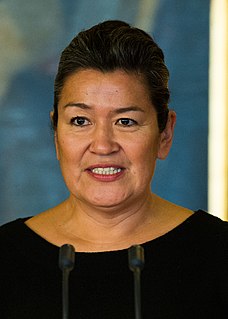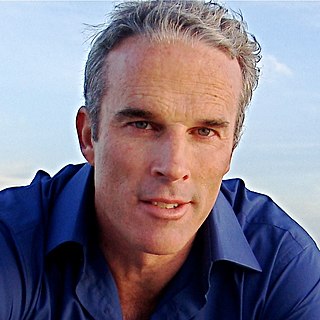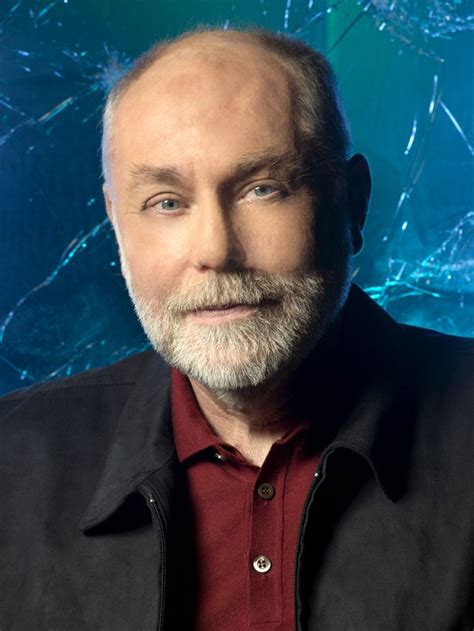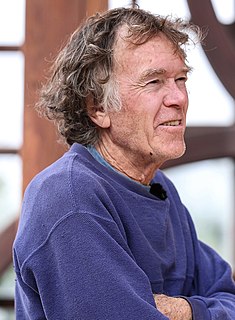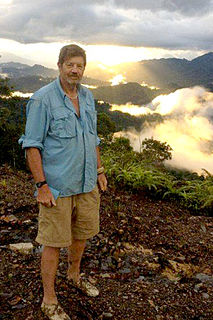A Quote by Aleqa Hammond
The North Pole will be ice-free during summer in years to come, and that itself will put the Arctic Sea basin on a very high risk of... environmental disasters that might be there.
Related Quotes
There's another totally fraudulent recipient of the Nobel Peace Prize. Al Gore hadn't done anything but make a movie that itself was filled with misrepresentations about the amount of ice the poor polar bears have to live on, doctored photos. He said in his acceptance speech in 2007, getting a Nobel Peace Prize, that the North Pole would be ice free by 2013. Today the truth is, there is a record amount of arctic ice for this time of year. He couldn't have been more wrong.
Remember...this year has already seen more billion-dollar weather-related disasters than any year in US history. Last year was the warmest ever recorded on planet Earth. Arctic sea ice is near all-time record lows. Record floods from Pakistan to Queensland to the Mississippi basin; record drought from the steppes of Russia to the plains of Texas...This is what climate change looks like in its early stages.
We need to be realistic. There is very little we can do now to stop the ice from disappearing from the North Pole in the summer. And we probably cannot prevent the melting of the permafrost and the resulting release of methane. In addition, I fear that we may be too late to help the oceans maintain their ability to absorb carbon dioxide.
It does seem that the sea ice is returning to 'average' after the record lows of 2007 and 2008. There has been a definite recovery trend since then, so far from being a progression towards ice free summers it seems that it was a temporary dip. The recent observations do make the 2007 projections that the region would be ice free by 2013 look very unrealistic. Given what is happening only the foolish would look many years into the future and predict ice free summers now.
